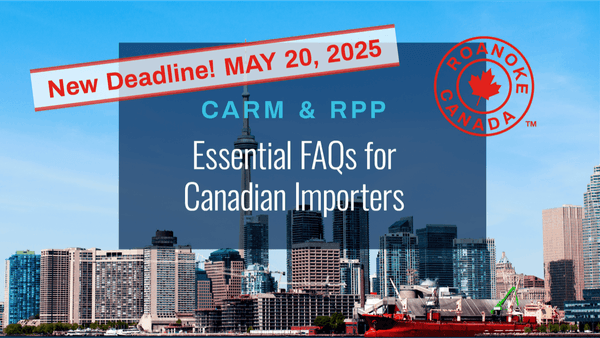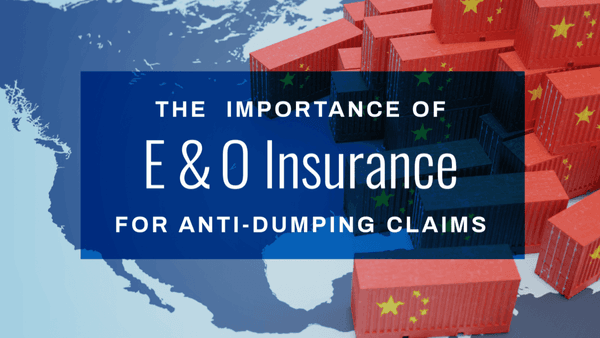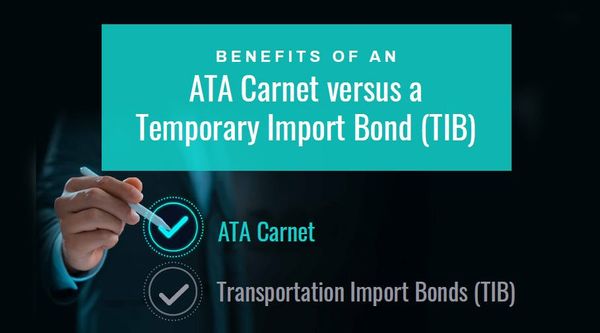Resource Center
Who is Authorized to Present the ATA Carnet to Customs for Clearance?
Who is Authorized to Present the ATA Carnet to Customs for Clearance?
To identify the primary authorized party for customs presentation on an ATA Carnet, refer to box A on the green cover. The Holder listed on this form is the primary authorized party and is the only entity who can give authority to a separate third party. The Holder has the option to give this power to their freight forwarder, customs broker, or another intermediary to present an ATA Carnet for customs clearance on their behalf.
As you may already know, the ATA Carnet is an international customs document that is presented when entering a Carnet country with equipment or products that will be re-exported within 12 months. On every standard ATA Carnet, there must be a Holder listed on the green cover. The Holder is the owner of the goods being transported. The ATA Carnet document can’t be altered in any way, and the Holder is the primary authorized party for customs presentation with other authorized presenters named in box B on the cover page.
When the original application is being completed, the Holder must list all of the companies and/or persons who are authorized to present the ATA Carnet for customs clearance on their behalf. It is also encouraged for the Holder to include where the goods will be clearing customs as part of the Carnet application as some countries have special requirements that the presenter will need to be aware of. With more than 100 countries and territories across the globe where an ATA Carnet can be used, it’s important to be thorough in the application process. For a full list of countries accepting ATA Carnets, click here.
Below are the options for the Holder to provide authority for customs presentation:
- List the third party presenter in box B on the green cover of the ATA Carne
- Provide an ATA Carnet Power of Attorney
- Provide a Customs Power of Attorney
- Provide a letter, on the Holder letterhead, stating that the companies and/or persons are authorized to handle the customs presentation of an ATA Carnet
If the Holder is not present at customs clearance, and the Customs Broker or other representative is not included in box B of the green cover, then the ATA Carnet Power of Attorney must be in the possession of the party presenting the ATA Carnet for customs clearance.
ATA Carnets are intended for exporting and reimporting commercial samples, professional equipment or exhibition displays. This means, it is very common for the Holder of the agreement to not be the one presenting the goods to customs for clearance. In order to ensure things go smoothly, the Holder needs to fill out all necessary fields on the application and thoroughly explain the course of action for the goods being transported.
In general, obtaining an ATA Carnet is a cost-effective, fast and simple solution for moving goods back and forth to countries over a 12-month span of time. By using a trusted third party to present at customs, the Holder can ensure shipments will be exported and reimported as planned.
Related Content You Might Have Interest In
How Long is an ATA Carnet Valid For?
















